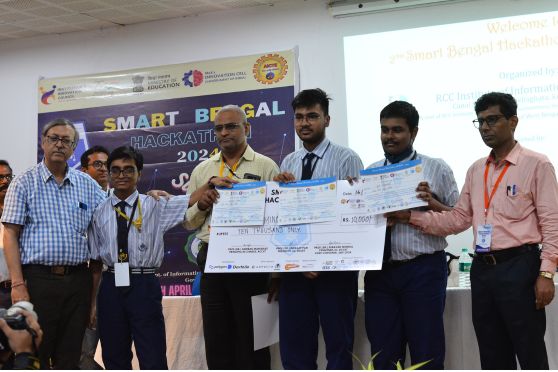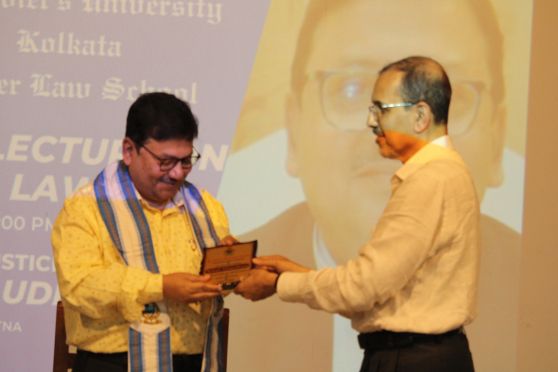Advertisement
Discover
Advertisement
News

National Testing Agency
CMAT 2024: NTA announced the exam schedule at cmat.nta.nic.in; check dates inside

Maharashtra Common Entrance Test
MH Nursing CET 2024 Registration to Conclude Today! Apply Now

JEE MAIN 2024
Results for JEE Main 2024 Released; Here's How to Check Your Score & Direct Link

Kerala SET
Kerala SET July 2024 Registration Deadline Today! Check Latest Exam Schedule Inside

Telangana State Law Common Entrance Test
Last Chance to Apply! TS LAWCET, PGLCET 2024 Registration to End Today

MH CET
Registration for MH Nursing CET 2024 Ends Tomorrow April 25! Last Chance to Apply
Career
Advertisement









